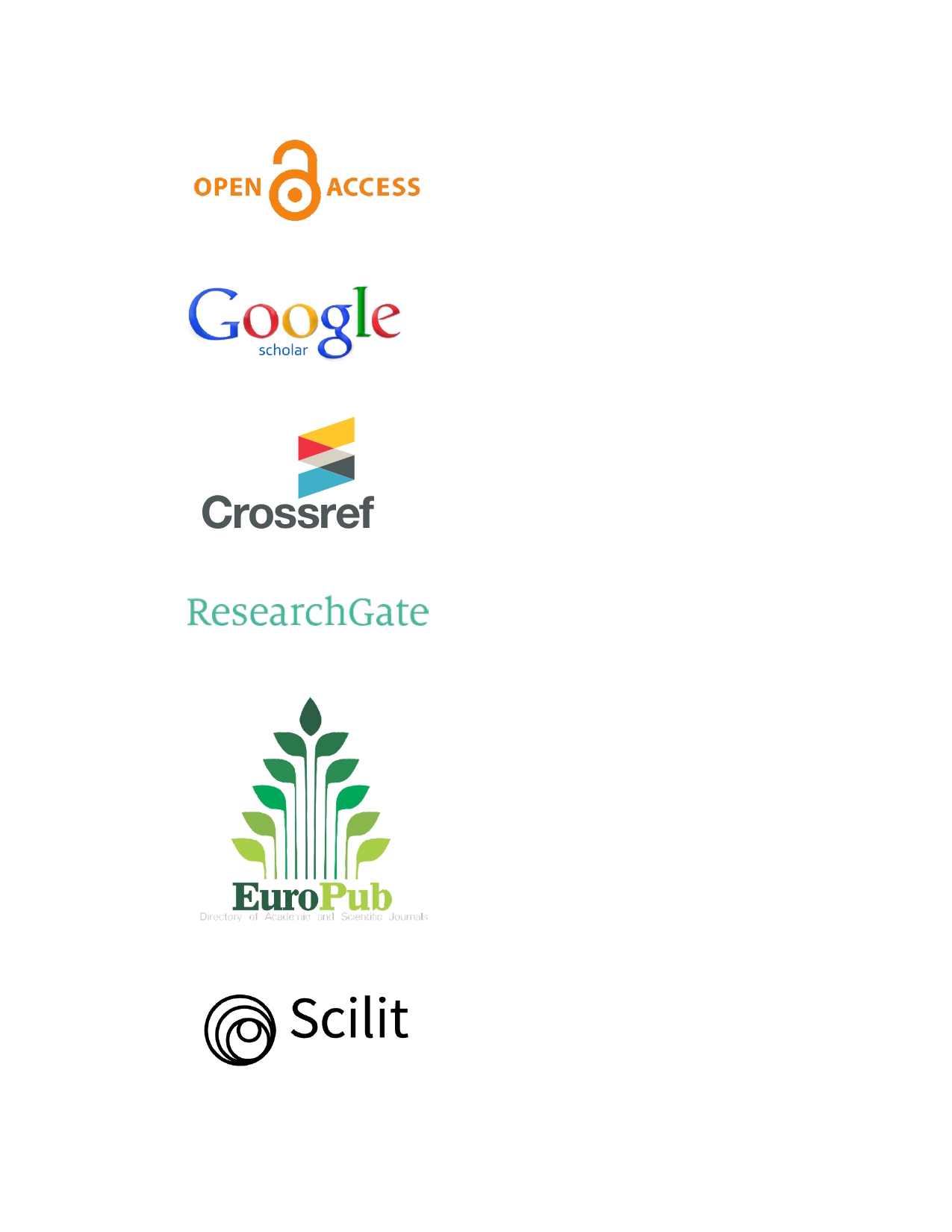Culture as a Backdrop to Language: Idioms and Mindset
DOI:
https://doi.org/10.63002/assm.306.1200Keywords:
food idioms, language and culture, cross-cultural communication, cultural value, translation, paraphraseAbstract
Idioms are the unpredictable elements of language, often confusing both speakers and linguists. They are expressions whose meanings go beyond the literal definitions of their individual words, making them tricky to understand and use correctly. Defined as fixed groups of words with a special, often figurative meaning, idioms are treated as single linguistic units. They are stable in form, regularly reproduced in speech or writing, and cannot usually be altered without losing their meaning. The richness of a language also becomes palpable when we take a close look at the idioms, since idioms are first and foremost associated with cultural mindset. It’s a well acknowledged fact that idioms frequently reference shared cultural practices, historical events, or beliefs that may not be immediately recognizable outside that culture. The relationship between idioms and culture is profound, as idioms often carry embedded cultural values. They offer insight into the values and worldview of a particular culture, and thus studying idioms is essential for understanding not just language, but the cultural context from which it originates. Translating idioms can feel like solving a puzzle, but with pieces from different places and languages. Idioms are tricky because they don’t always make sense when you translate them directly. They often have hidden meanings or funny cultural references that don’t work in another language. The paper reports research findings, from cross-cultural study of food idioms through the lens of translation. The paper also seeks to underline the pivotal role of translator as mediators between the two different cultures.
Downloads
Published
How to Cite
Issue
Section
License
Copyright (c) 2025 A. Hovhannisyan, G. Barsegyan

This work is licensed under a Creative Commons Attribution 4.0 International License.






